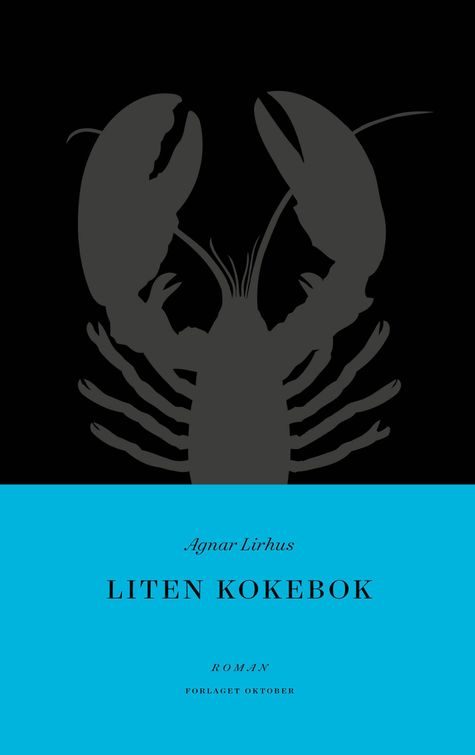Liten kokebok
One day she moves out. He stays. The children spend half of their time with him, the other half in the new house, where she lives with another man. He and the children follow nature and the changing of the seasons with new awareness. The earth worm in the compost bin, the wild cep growing…
One day she moves out. He stays. The children spend half of their time with him, the other half in the new house, where she lives with another man.
He and the children follow nature and the changing of the seasons with new awareness. The earth worm in the compost bin, the wild cep growing like fruit on the forest floor, the vegetables in their kitchen garden, the lobster with its pearls of black roe, the deer calf lying in the tall grass, seven dead guillemots in a field. It occurs to him that he should try to imitate happiness more often.
Little Cookbook explores different relationships – between a man and a woman, between parents and children, between people and nature, and between the forces of nature.
Praise for Little Cookbook:
«A literary feast from Agnar Lirhus … his naked prose and unsentimental descriptions accounts for the power of this book about a man who is trying to move forward … experiencing Lirhus and his tightrope walking is a pleasure in itself»
5/6 stars, Moss Avis
«Rich … Lirhus has found a seriousness unmarred by self-pity. His sensory apparatus is highly alert … if there is any redemption to be found in this book – beyond private happiness, which is not to be taken lightly – I think it lies in a heightened awareness. This applies not only to the reading of books, but also when you read what can pompously be called the book of nature, and which in Little Cookbook thankfully becomes concrete, in the shape of northern dock and mugwort, heart clams and zostera, hyphae and rough horsetail, grassleaf orache and caraway»
Klassekampen
«The story moves effortlessly between the oppressive and claustrophobic to a marriage falling apart, his relationship to his daughters and the relationship to nature and cooking. He and his daughters follow the changing seasons with great attention and awareness, they fish, pick mushrooms and go for walks. There are many sharp observations and sensuous descriptions here. The result is a low key, thought-provoking, tender and disturbing novel about strained family relations and our time’s environmental crisis, avoiding big words, one-eyed assumptions and loud political declarations … Lirhus succeeds in arousing great sympathy for this man, who also feels lonely and full of shortcomings and who doesn’t really know what to do»
5/6 stars, Stavanger Aftenblad
«The world is going to pieces. Refugee crisis, climate crisis, and the ever present threat of collapse in the world economy. But with mild winters, longer summers and an autumn which almost lasts until christmas, there is also more time to gather, fish and grow vegetables in the garden … The man lives for his daughters, he makes juice and collects blueberries for their cereal, always with his own hands. His sentences too are tangible, precise, and saturated with thoughts about big as well as little crises. And, I must add, it’s all done in such an inviting way, that I immedieately want to rent an allotment garden … Even though there is also an urgent critique of a resigned solution like that in this novel»
5/6 stars, Dagbladet

